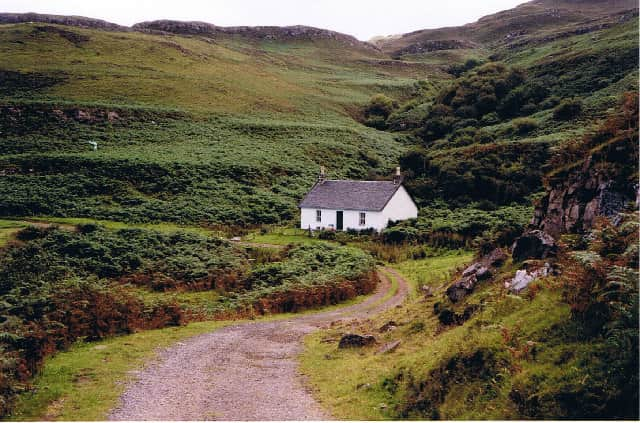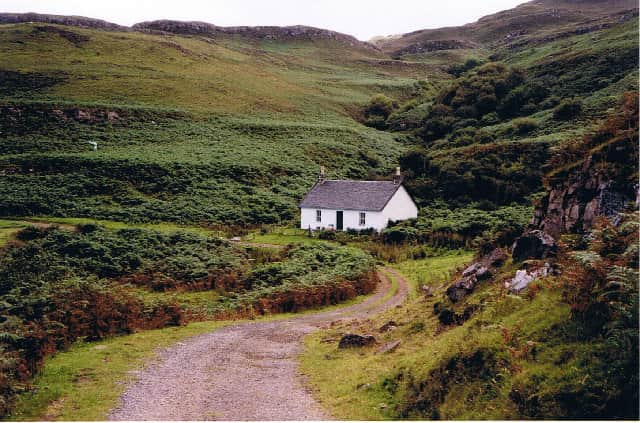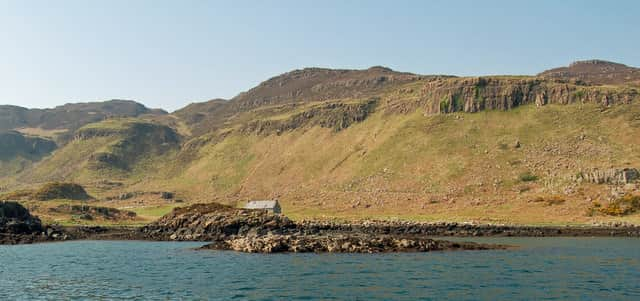Scottish island that inspired Sir Walter Scott on sale for £5m


A £5 million island which inspired Sir Walter Scott's poem The Lord of the Isles has gone on sale for the first time in more than 70 years.
The stunning island of Ulva, which has no tarmac roads and is only accessible by a ferry, comes with huge seven bedroom house and 10 other properties.
Advertisement
Hide AdAdvertisement
Hide AdDespite having no pubs or restaurants, the small island - which is home to under 20 inhabitants - has attracted a raft of well-known names over the years, including explorer David Livingstone and children's author Beatrix Potter.


Covering around 4,500-acres, the rural and secluded location is positioned between two peninsula's near the Isle of Mull.
Ulva. Picture: Dave Ferguson/Wikimedia Commons
Up for sale for the first time in 70 years after being passed down through generations of the same family, the island played host to Beatrix Potter, who visited family there.
Her cousin Caroline married the Laird of Ulva and the Tale of Mr Tod, written in 1912, is dedicated to her Caroline's son, Francis William, with a message in the book reading: "For Francis William of Ulva - someday!"


Marketed by estate agents Knight Frank, the remarkable property was passed down to the children of Jean Howard, who passed away in 2014.
Mrs Howard inherited Ulva in the 1970s from her mother, Edith, Lady Congleton, granddaughter of Lord Strathcona.
A bothy near the abandoned township at Cragaig on the Isle of Ulva. Picture: Donald McDonald/Geograph.co.uk
She had bought it for just £10,000 after World War II with money from a fortune amassed by her grandfather, who had worked on the Pacific Railway in Canada.


Advertisement
Hide AdAdvertisement
Hide AdUlva was gifted to Mrs Howard's son and daughter shortly after her death but they have now decided to sell the island.
Along with the incredible scenery and wildlife, there are several standing stones on the island, understood to have been erected in 1500BC by pre-Celtic people, who vanished before the arrival of the Vikings.
World-renowned Scottish writer, Sir Walter Scott, drew inspiration from the isolated location for his 1815 poem The Lord of the Isles.
The explorer and missionary David Livingstone is also said to have frequented the island to visit his grandparents who lived there.